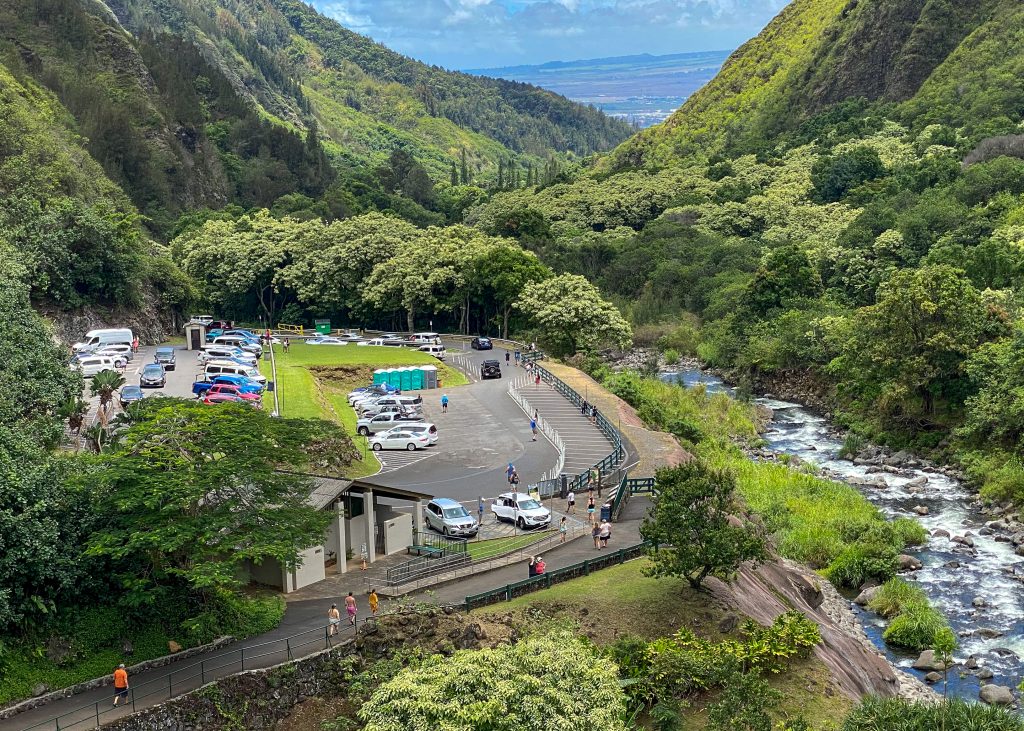Native Hawaiian Caucus’ 2022 legislative package includes regenerative tourism

The Native Hawaiian Affairs Caucus in the Hawaiʻi House of Representatives unveiled details of their legislative package for the 2022 session. The five bills of the package are intended to advance the various interests and priorities of the Native Hawaiian community and include: regenerative tourism, managing native ecosystems, and museum renovations.
One of the hot topics aims to refocus the tourism industry and avoid over-tourism. Rep. Linda Clark (District 13 – East Maui, Molokaʻi, Lānaʻi) introduced HB 1767, which would amend the State Planning Act to incorporate a regenerative tourism framework and codify that Hawaiian culture shall play a larger part in our tourism industry.
“This regenerative tourism framework will help protect Native Hawaiians and other local residents from the cultural and ecological challenges that tourism brings to our state,” said Rep. Clark. She pointed out that this is more relevant than ever as Hawaiʻi hopes to continue to heal from the pandemic and encourage tourism once again.
Another piece of legislation in the package, HB 1766, would lift the cap on the state’s Division of State Parks special fund. “This bill will allow the state parks division access to more funding to better manage our islands’ native ecosystems. Raising the cap to $12 million shows our commitment to protecting and preserving our most precious natural resources,” said Rep. Nadine Nakamura (District 14 – Hanalei, Princeville, Kīlauea, Anahola, Kapaʻa, Wailua), the introducer of the bill.
HB 1765, introduced by Rep. Daniel Holt (District 29 – Kalihi, Chinatown) is an appropriations request of $10 million for roofing repairs and renovations at the Bishop Museum. The Bishop Museum was founded in honor of the last descendant of the royal Kamehameha family, Bernice Pauahi Bishop, in 1889 and is the official State Museum of Natural and Cultural History.
“Bishop Museum represents the historical and cultural heritage of Native Hawaiians. They house thousands of priceless artifacts that are found nowhere else in the world, and these funds will ensure that they can continue to do so for years to come,” said Rep. Holt, who also serves as chair of the caucus. “These funds are needed now more than ever due to recent rain damage.”
One of the last two bills in the package, HB 1769, would appropriate $1.7 million to the Department of Land and Natural Resources to further combat rapid ʻōhiʻa death; and the other, HB 1768, exempts traditional wet-land kalo cultivation from regular water lease requirements. These measures were introduced by Rep. David Tarnas (District 7 – North Kona, North Kohala, South Kohala), who also serves as the chair of the House Committee on Water and Land.










